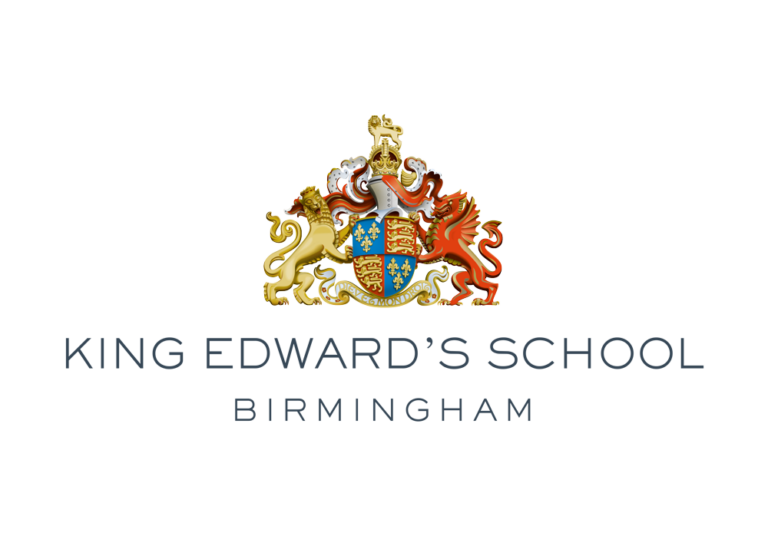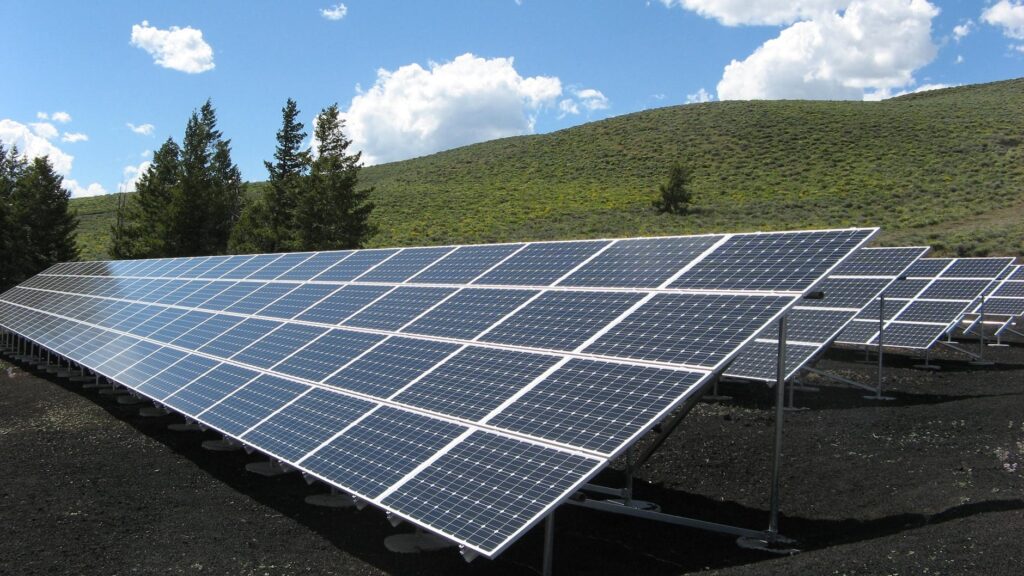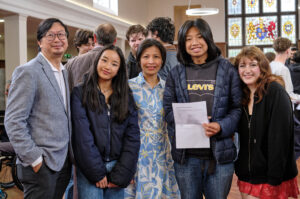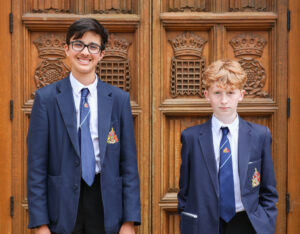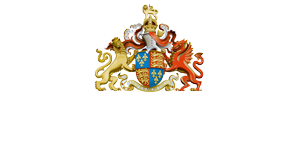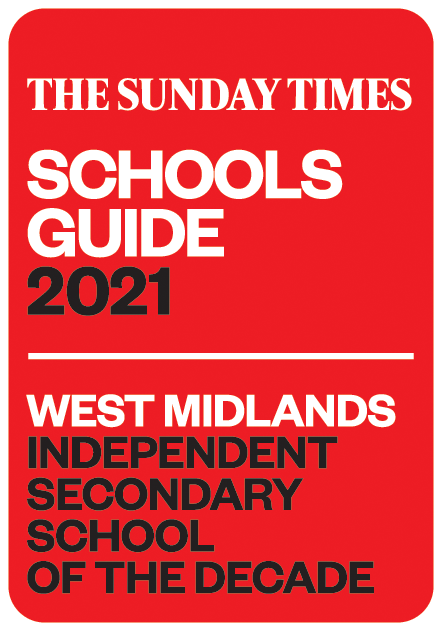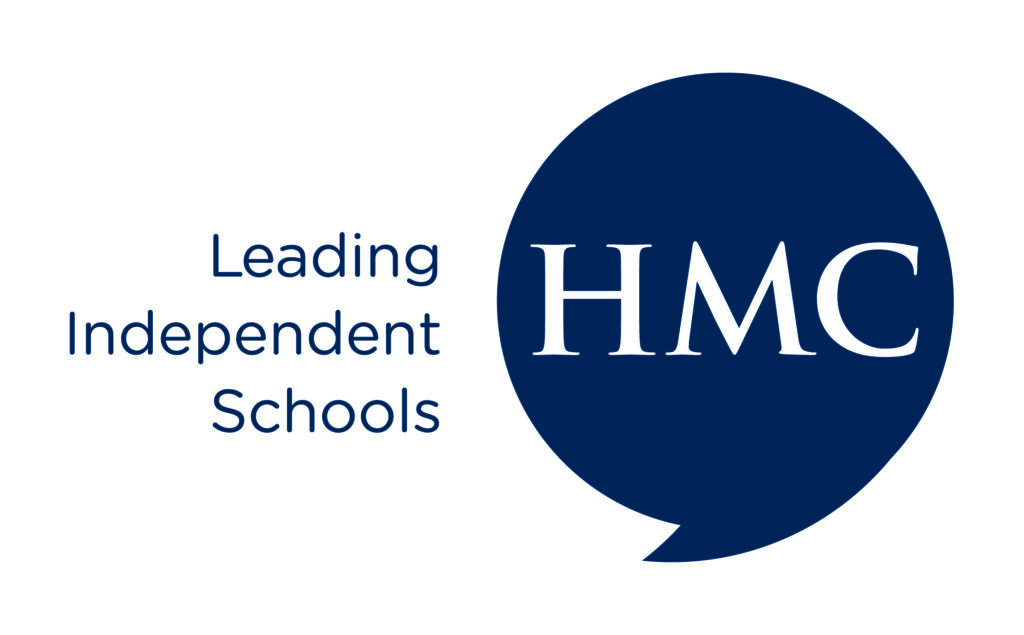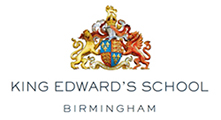The UK Government has promised to invest significantly in green spending as part of post-Covid recovery plans, but creating a sustainable, green future requires all individuals, and communities and organisations, including KES, to share that responsibility.
April 2020 saw the sharpest ever drop in global carbon dioxide emissions, however – given the socio-economic price that the world had to pay – this headline is nothing to celebrate about. We find ourselves at a crucial moment with regards to climate change: reverting to old habits would accelerate the damage to our environment and livelihood; alternatively, grasping this window of opportunity could move us towards a cleaner, safer and sustainable future.
After the 2008 financial crash, the Government invested 16% of its economic stimulus package on green initiatives. As a result, the solar and wind-power industries flourished with the cost of solar and wind power falling to those of fossil fuel power. Given the past successes, we should expect the government to follow a similar approach to post-Covid recovery efforts with a significant investment in green spending, propelling our nation towards our internationally unique target of carbon net zero by 2050. Investment in the green economy can act as a stimulus to not only our fragile environment but also to our weakened economy.
The Government’s initiatives and investments alone will not be enough to create this future. If we are to succeed, the responsibility for creating a sustainable future has to be shared by all institutions and organisations across the UK. As an organisation that has been inspiring boys to make a significant contribution to the world since pre-industrial times, KES must set an example to the society on sustainability. In particular, reducing our KES energy carbon footprint by investing in solar power would provide an excellent opportunity to reduce our emissions and take proudly towards 2050. Given their age, the current school buildings are energy inefficient and are predominantly powered by fossil fuels. With over 800 metres squared of south-facing roof space, KES has excellent potential for on-site solar power generation – the fastest growing renewable energy source worldwide. As part of my IB Extended Essay research, I have calculated that if KES were to maximise its on-site solar production, it could supply at least a fifth of its annual electrical needs, emissions free. This would save KES in the region of £15,000 annually on electricity, whilst cutting 1,000 tonnes of CO2 emission over the solar panel’s lifetime. With a return on investment of approximately 14 years, KES stands to make a long-term profit from installing rooftop solar, showing there would be no cost and carbon saving trade off as associated with renewable energy.
What does a 1,000 tonnes of KES CO2 look like? At sea level, a tonne of CO2 takes up an 8m x 8m x 8m cube, or about two KES classrooms. So that’s 2,000 classrooms of pure CO2 saved, that would otherwise linger in our skies for a hundred years, long after we are all dead, and it only takes a small increase in parts per million of CO2 to increase the insulating greenhouse properties of air.
Is solar the way for KES? For now, why not find out how much electricity you’re using at home each day at the moment, and how many solar panels it would take to generate that.
Nithi Sendhil
KES Solar
In line with Nithi’s research on KES Solar, and as part of our IB CAS project, we are hoping to take steps towards making the school more sustainable by looking into the potential installation of solar panels onto the roof of the hockey pavilion, since it is flat and south-slanted. This would be an expensive investment, but it would be a big step forward towards a school carbon zero goal. The school could recuperate the installation costs within the space of a decade, and start making money from there. The project as a whole also has the potential to influence other institutions to follow in our footsteps. Keep your eyes peeled for some more upcoming information.
Oliver Clarke and Dhiran Sodha
Environmental special – clean air during lockdown
Nithi Sendhil, Umar Ashraf and Harshith Yerraguntla

